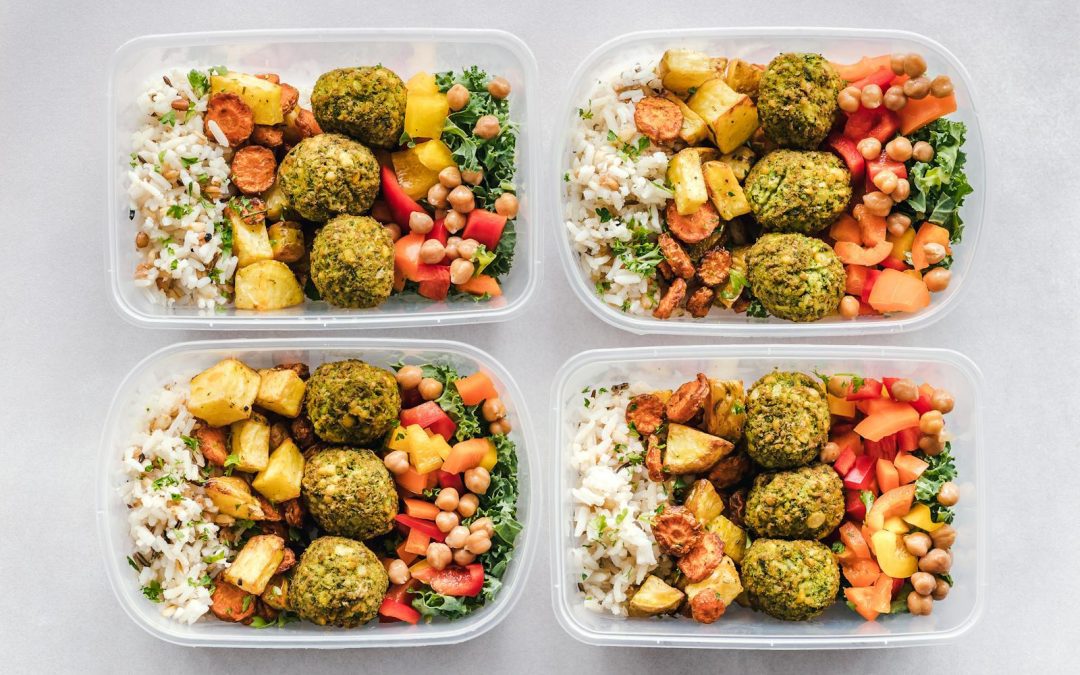Muscle and fat may weigh the same on a scale, but that’s where their similarities end. They differ in density, function, and how they impact your health. Understanding these differences is key to appreciating why muscle is a powerhouse for your body.
What’s inside the guide:
Muscle and fat may share the same weight pound-for-pound, but they’re not equals when it comes to their impact on your body. Muscle takes up way less space, making it the ultimate space-saver compared to fat, which just sprawls out like an overstuffed couch.

Plus, muscle is like your body’s calorie-burning best friend—it works three times harder than fat, even while you’re chilling. The more lean muscle you have, the faster your metabolism cranks up, helping you stay strong and energized.
But here’s the kicker—extra fat isn’t just about size. It comes with a hefty demand on your heart, adding thousands of extra miles of blood vessels for every pound.
That’s like asking your heart to take on an extreme endurance challenge it never signed up for. Building muscle not only enhances how you feel and function, but it also supports your health in ways that fat just can’t. Ready to see what lean, strong muscle can do for you?
Muscle vs Fat: What’s the Difference?
Alright, let’s clear this up—one pound of muscle and one pound of fat weigh the exact same. You’d think this would make them equals, right?
Wrong.
The real difference lies in their size. Muscle is denser and takes up significantly less space than fat. Think of it this way: if fat were the size of a fluffy pillow, muscle would be like a compact brick.
Muscle’s dense nature isn’t just for looks—it’s also a metabolic machine.
Each pound of muscle burns three times more calories than a pound of fat, even while you’re resting. This means the more muscle you build, the faster your metabolism works. Ever heard of someone being a “calorie-burning furnace”? That’s what lean muscle does—it burns energy like it’s nobody’s business.
Curious to learn more about how muscle density impacts your weight? You can check out this detailed resource on muscle vs fat weight.
Muscle vs. Fat: Health Benefits
When it comes to your health, muscle is like the overachieving sibling who excels at everything. Fat, unfortunately, makes extra work for your body, especially your heart.
Did you know that every pound of fat forces your heart to support an additional 200 miles of blood vessels? Let’s put that into perspective: carry around 25 pounds of excess fat, and your heart is working to pump blood through 5,000 extra miles of tissue. No wonder it gets tired!
Muscle, on the other hand, boosts more than your metabolism. It helps regulate blood sugar, supports your posture, and keeps you feeling strong and capable. Even better? Having more muscle reduces the risk of chronic conditions like diabetes and heart disease, something fat just doesn’t do. Building muscle isn’t just an aesthetic choice—it’s about setting yourself up for long-term health.
If you’re intrigued by how muscle supports your heart and overall health, dive into this piece on why muscle is vital for your body composition.
Both muscle and fat are important components of your body, but muscle gives you the edge when it comes to looking and feeling your best. While fat takes up space and strains your system, muscle works behind the scenes to keep your body in peak performance mode. With these differences in mind, isn’t it time to make muscle the star of the show?
Muscle vs Fat: The Calorie Burn Comparison
When it comes to boosting your metabolism and keeping your body in check, building muscle is like upgrading your smartphone: smarter, faster, and way more efficient. Muscle isn’t just about aesthetics—it’s the secret weapon in burning calories and keeping you energized. Let’s unpack why muscle outshines fat when it comes to caloric burn and long-term health benefits.
Muscle vs Fat: Faster Metabolism
Did you know that 1lb of muscle burns three times more calories than 1lb of fat, even when you’re resting?
That’s right—muscle is your body’s high-performance engine, revving up your metabolism just by existing. While fat tissue might as well be snoozing on the job, barely burning any calories, muscle steps in as the overachiever, torching roughly six calories per pound daily. Meanwhile, a pound of fat sits at a meager two calories.
But what does that look like in practical terms?
Say you build an extra 5lbs of lean muscle. That’s an additional 30 calories burned per day, or 210 each week, for doing absolutely nothing extra—just living your life! Over time, this calorie burn creates a domino effect, helping you stay on track with weight maintenance and energy balance without requiring constant, exhausting effort.
If you’re curious about how muscle’s efficient calorie-burning system works, this breakdown from Verywell Fit does a fantastic job of explaining why more muscle means less fat over time. Bottom line? Muscle doesn’t just take up less space—it actively works to keep your metabolism in turbo gear.
Muscle vs Fat: Long-Term Health
Building lean muscle does more than speed up your metabolism—it’s like a Swiss Army knife for your overall health. Lean tissue plays an essential role in improving insulin sensitivity, which keeps your blood sugar levels stable. This means your body uses the food you eat more efficiently, reducing the risk of conditions like Type 2 diabetes.
Additionally, lean muscle supports your immune system, keeping you more resilient to illnesses. Think of it as a safety net for your well-being, making sure your body’s defenses stay strong. It also boosts your energy levels throughout the day by giving your body the stamina it needs to power through tasks without feeling drained. Want to stay active, alert, and full of life?
Muscle is what makes that possible.
You might be wondering, is this magic reserved for professional bodybuilders? Nope! Incorporating strength training, even a couple of times a week, delivers these benefits to anyone. For a deeper dive into the health perks of muscle, check out this guide by GoPhysio, which explores everything from increased flexibility to stronger bones.
Muscle isn’t just about looking toned. It’s about building a healthier, happier you. By focusing on lean muscle, you’re taking a huge step toward long-term wellness that benefits you at every level.
Muscle vs Fat: Your Physical Health
Extra fat in your body doesn’t just sit there quietly, minding its own business. It actively stresses your systems, forcing your heart and blood vessels to work overtime. Let’s break down why excess fat stretches your body’s capabilities and what it could mean for your health.
The Strain on the Heart and Blood Vessels
Did you know that each pound of extra fat adds around 200 miles of blood vessels to your circulatory system? Now, imagine carrying an additional 25 pounds of fat—your body would have to maintain 5,000 extra miles of vessels! That’s like asking your heart to pump blood through a road trip that spans across the entire United States… and back.
This extra workload forces your heart to pump harder and faster to keep oxygen and nutrients flowing. Over time, this can lead to high blood pressure, also known as hypertension, which increases your risk of heart disease or even a stroke. It’s like revving your car engine nonstop—you’re bound to experience wear and tear faster than usual.
Carrying excess fat can also contribute to conditions like atherosclerosis, where fatty deposits clog your arteries, restricting blood flow. Think of it as your circulatory “pipes” narrowing and forcing your heart to push harder just to get blood through. Over time, this additional strain could pave the way for cardiovascular issues you’d rather avoid.
But wait, there’s more to it—excess fat isn’t just about added miles of blood vessels; it also secretes inflammatory chemicals that mess with your body’s delicate balance. Chronic inflammation can lead to even more health problems, including raising your risk for diabetes and metabolic disorders. You can learn more about fat and its impact on heart health by reading this article by the American Heart Association.
Final Thoughts on Muscle Vs Fat
Building muscle—not fat—lightens the load on your heart and helps your circulatory system work more efficiently. By choosing activities that promote muscle growth, like strength training, you can pave the way to a healthier heart and a stronger body overall.
Looking for a fast but effective strength training workout that can help you build muscle when you’re crunched for time?
>>>> Check out my signature TIME CRUNCH WORKOUT














